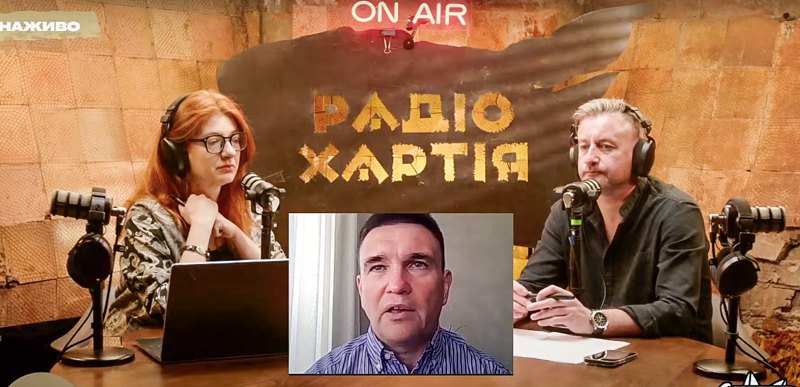There was supposed to be a meeting of foreign ministers in London, but it was cancelled. What did this cancellation mean, and what should we be preparing for?
Any negotiation consists of public and non-public negotiations (and this is 90% of the process), as well as an understanding of who is conducting them and how. And it is very important for us to be full participants and communicate not only with the Americans about what they have agreed on in the Kremlin.
The devil is in the details. The first is the American desire to conclude a deal before the meeting between Trump and Putin, which is due to take place in May. And we need to understand what this package will look like. The second is to understand what the Americans can agree on. What weapons will or will not be supplied, what samples will be allowed, what are guaranteed, what kind of intelligence and logistics will be provided.
Thirdly, the critical story, apart from our land and people, is that there can be no restrictions on our defence forces and their cooperation with the West, and any kind of cooperation. We need to get a clear statement from the Europeans and Americans on what they will or will not do in terms of this cooperation. There is progress here, but not quite as much as we would like.
Do you have the impression that the American side is taking a somewhat formal approach to this? There is a picture, a report that in the first hundred days we managed to achieve what was promised, and there is a certain algorithm, at the end of which there should be a meeting between the US and Russian presidents, where they will announce the end of this war, but justice and law are not quite present. The main thing is that there is an external party that can be sold well to your voters.
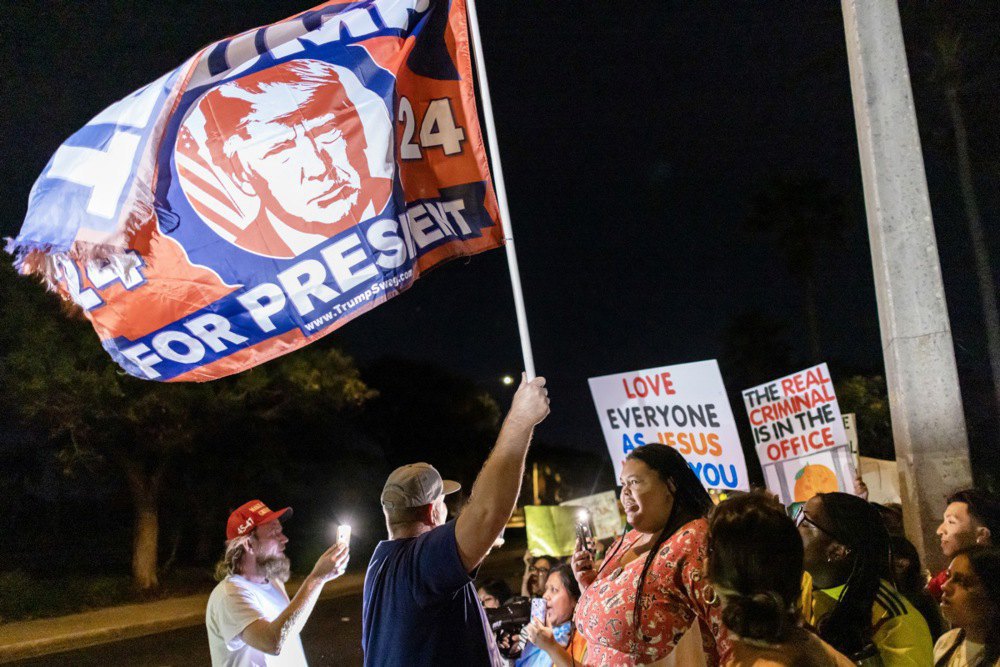
You have captured the essence. Americans say it bluntly: ‘You have a history of relations that goes back hundreds of years, and it's very difficult to understand it. We promised that everything would end quickly, it's impossible without us. We will somehow build the overall picture, stop, and then catch up later.’ This logic does not work with today's Russia. Americans believe that they need not just relations with the Russian regime, but a new quality of relations. Not because they love them - that won't work anymore - but because they see geopolitics differently. They say that if we ease sanctions against the Kremlin, it will give us the opportunity to work more flexibly with Moscow on China and so on. They see the world differently, not like we do from Kyiv, Kharkiv or Odesa.
Even the language they speak is fundamentally different from the previous administration. It's business talk: you give me something — I give you something. But if you don’t — then I don’t either.
Politics doesn't work that way. There are people around Trump who understand this well, but Trump has set a task, and those who do not fulfil it well are out. Remember, he used to run a business game, and those who did not perform well were fired the next day. It is the same with the current US administration. And no one wants to be fired.
Many things that are important for understanding the current war are being left out. This requires much more empathy, attention, and time. And this is one of the reasons for the emotional nature of these negotiations.
Our landscape is filled with explosions and traces of Russian arrivals. The Americans' optics are different. But there is a logic to the global political process. If we look at the last hundred years of world politics, the relationship between America and Russia has been one of waves of rapprochement, which necessarily ended in a thaw (World War I, World War II, which ended in the Cold War and the Cuban Missile Crisis, the thaw of the late 1980s), and all attempts to become friends ended with the Russians cursing the Americans and calling them enemies. Is this current attempt to pretend that they are doing well with the Russians a good landmine for a bad game or an attempt to break the game?
To break it all down. Trump and his team believe that everything we've had since 1945 is no longer real. It’s just a set of props and even those are now being dismantled. Trump thinks the entire logic built on rules and principles doesn’t work anymore; only deals and arrangements do — and only the way the key players see them. That’s his experience as a businessman. He says: “I’m opening a new era. I’m the greatest president the United States has ever had. Trust me.”
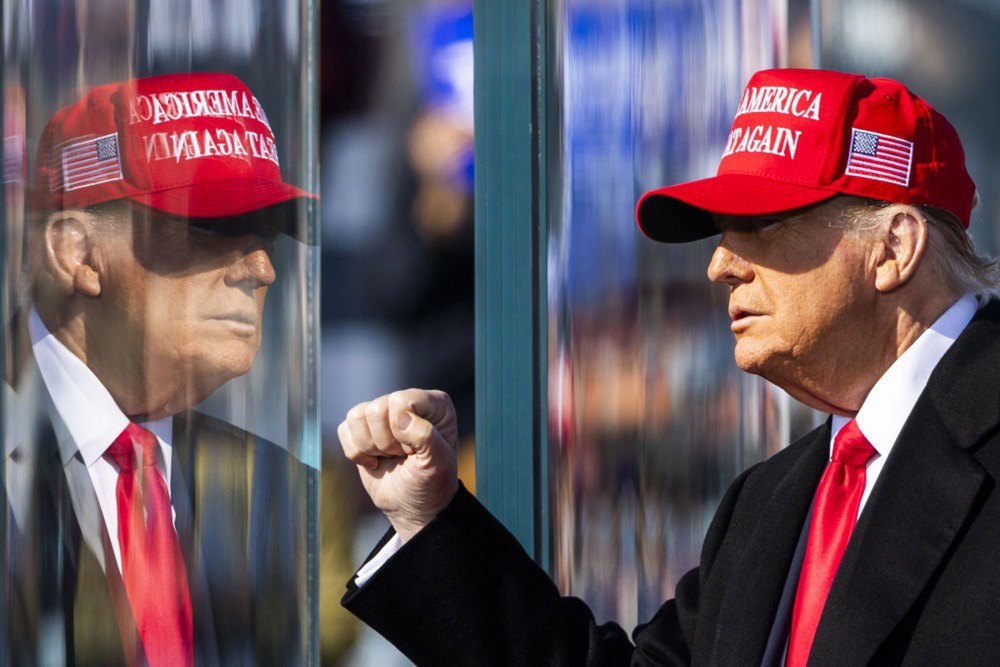
But no one in the US today knows how to build a political strategy for decades to come. And we can't wait for some political cycles that will happen or not. Trump wants results, but if they come quickly, it will be an unpleasant story for him, because he is building a story about the Great Trump.
What we can do is build our own positive story and sell it to Trump, saying, "Donald, this is your success story, you can do this and that." To some extent, we are doing that, but it is a non-linear story.
This unexpected reorientation of America - can it be our new chance in relations with Europe?
I would even amplify your question. It cannot, but it should. This is not a chance, but something we have to do. We have to show that we are an active part of Europe, with our own voice. Some people may not like us, but we can fight, we have been doing it since at least 2014, and Europe desperately needs it.
The problem is that Europe is still unable to assemble itself in the 21st century. Do we have a mission to help it? We probably do. Do we want to? That's a separate conversation.
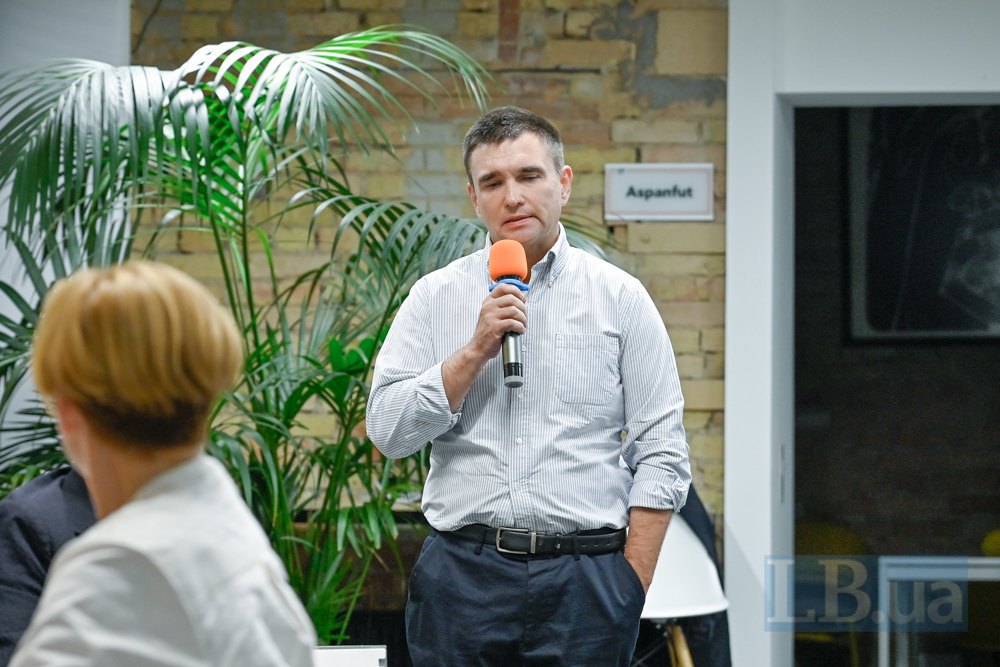
Our future is a future as part of Europe, and whatever the regime in Moscow is, they will eventually recognise us as part of Europe, not as a wrong part of Russia. They still see us as part of their civilisational logic, not understanding that Ukrainian society is a society of people who communicate with each other, with horizontal ties, not a society of the state, of service, of vertical ties. This recognition will not happen tomorrow or the day after tomorrow, but it will happen. And we will again be an outpost, the frontline of Europe. This is our thankless but necessary role.
But we have to work hard. It's not like every European has looked at this and said: ‘Great, let's jump in with Ukraine’. But our presence in Europe will make Europe different and will create a different balance with the United States and Asian countries.
The key to Europe lies in Berlin and Paris. But it also lies in Ukraine: in Kharkiv, Kyiv, Odesa, Lviv.
What do you think we should expect or, on the contrary, not expect in the coming days? Do you believe that a serious, principled ceasefire agreement can be signed by 30 April?
A ceasefire is possible.
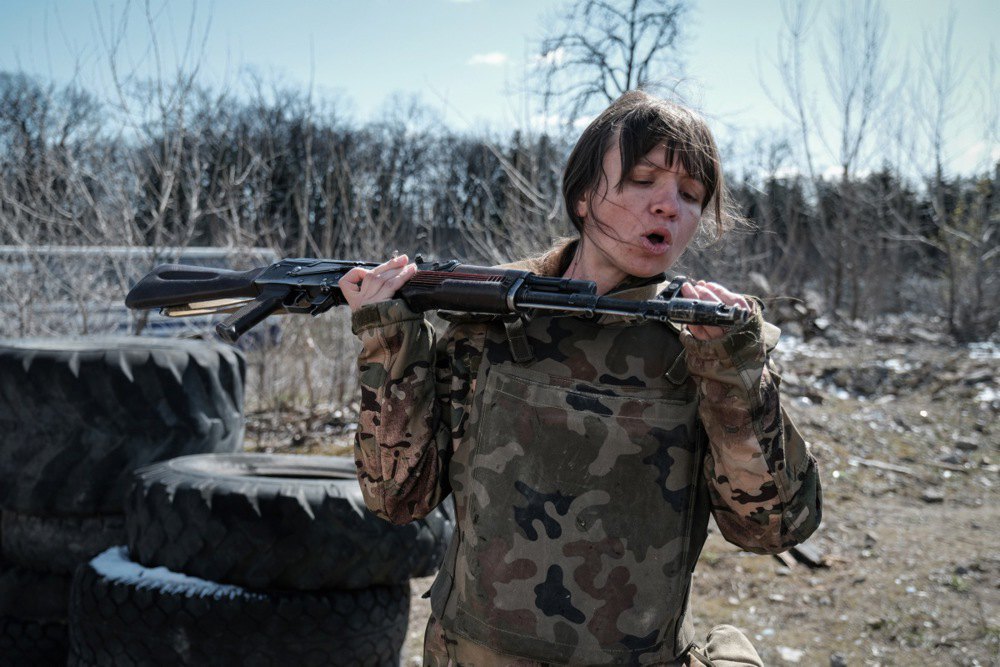
First. We need to use Trump's desire for success and say: ‘Trump, if you want a sustainable ceasefire, first of all, we and the Europeans must be fully involved, we must be full participants in this process. There can be no truce between Washington and the Kremlin’.
Second. We need to understand what is behind the legal and political framework of the package that the Americans are promoting.
Third. We need this process to be sustainable, to be overseen by someone, to have a monitoring and control procedure.
Fourth. Trump himself must eventually say: ‘If I have invested in the ceasefire, then I guarantee that it will continue, and if Putin violates it, then he will get something for it.’ Otherwise, what is the point of this whole process? And if there are attempts to bring down the sanctions at the same time as there are problems with the ceasefire, then Pandora's box will open.
I do admit the possibility of signing an agreement. Will it hold? I have my doubts. But we need to say: ‘Trump, if you want to invest, invest personally and with American guarantees that any violations of future agreements will be perceived as a violation of American interests.’
